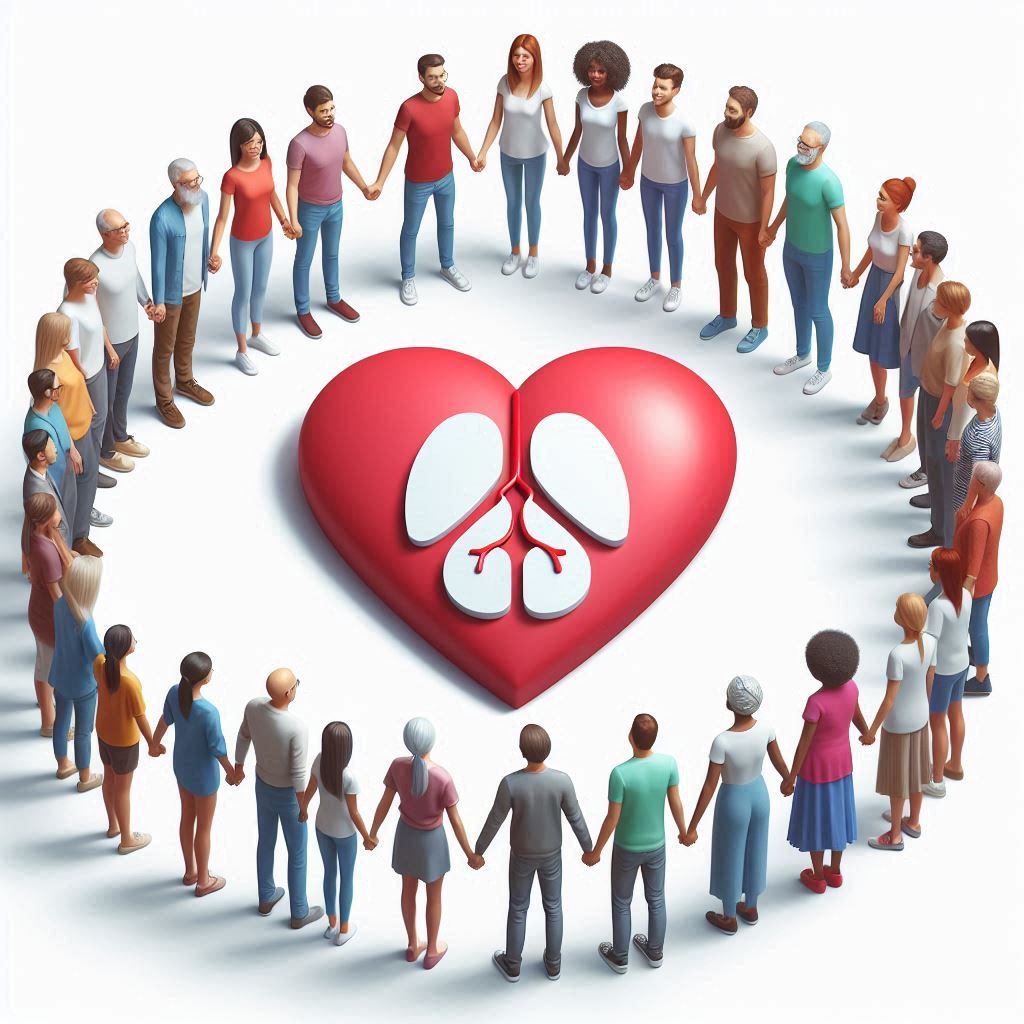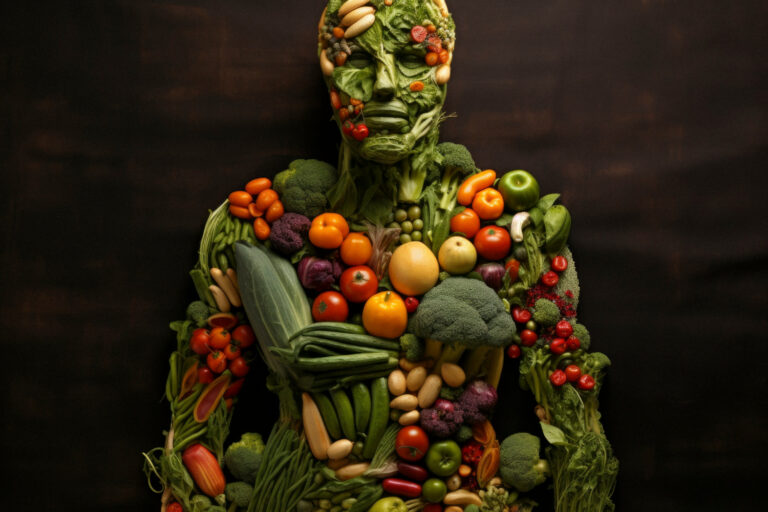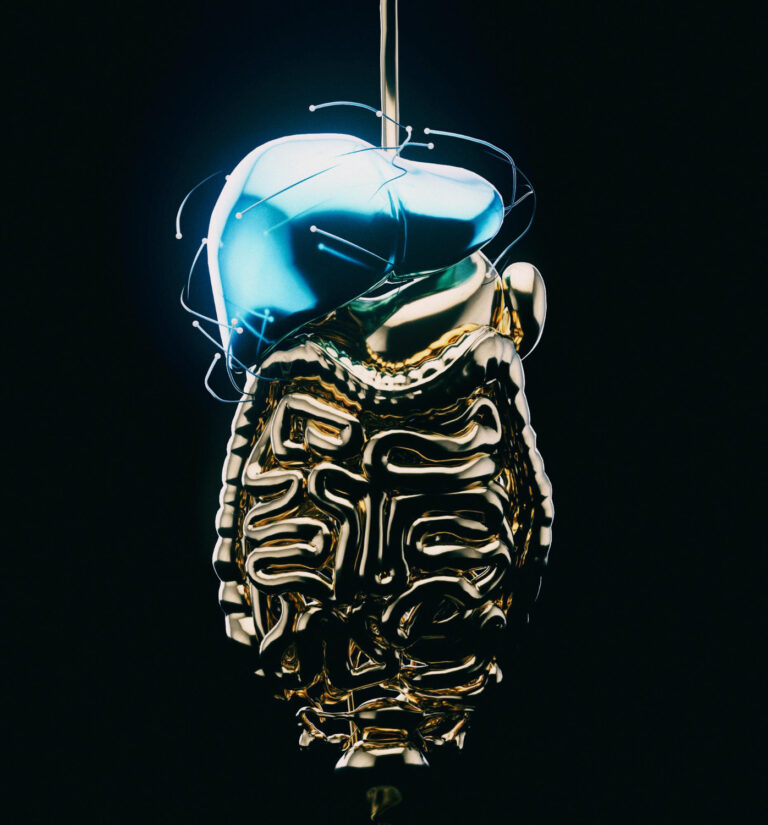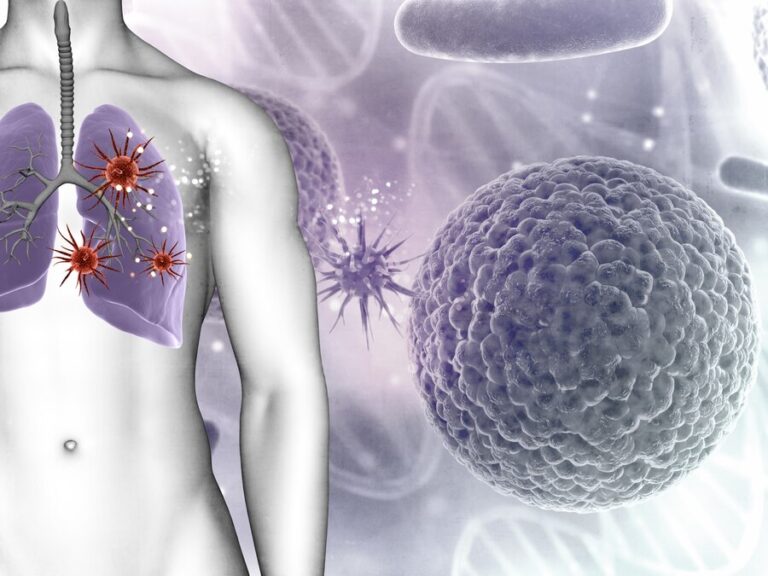Introduction
Giving someone in need the gift of life through organ donation is one of the most significant acts of compassion and selflessness in the field of contemporary medicine. Thousands of people suffer from life-threatening illnesses every day, and their ability to survive depends on the availability of eligible organ donations. Alarming figures show a serious healthcare dilemma as the number of donors has not kept up with the increasing demand. Comprehending the significance of organ donation is not only imperative for individuals in need of transplants but also for society at large, as it highlights the potency of joint efforts and the influence of personal choices.
This article explores the importance of organ donation, including its potential to save lives, the obstacles to growing donor registries, and the moral principles that underpin this vital activity. We can significantly improve the wellbeing of our communities and save lives by raising awareness about organ donation and promoting dialogue about it.
Understanding Organ Donation
What is Organ Donation?
Organ donation refers to the technique of putting off organs or tissues from a donor for transplantation into another individual. This can arise in primary approaches:
- Living Donation: In this situation, a living individual donates an organ, together with a kidney or a part of the liver. Living donors can often lead healthy lives submit-donation, as humans can feature normally with one kidney or part of the liver.
- Deceased Donation: This involves the donation of organs after someone has been declared mind lifeless. In such cases, more than one organs may be harvested and transplanted into different recipients, notably increasing the range of lives saved.
The Need for Organ Donation
The need for organ donation is awesome. According to the World Health Organization (WHO), hundreds of thousands of humans global are in need of organ transplants, with the demand a ways exceeding the supply. In India, the scenario is not any distinct. Thousands of individuals die each year while expecting a appropriate organ. The following information illustrate the gravity of the state of affairs:
- Over 1.Five lakh humans in India require organ transplants yearly.
- The number of organ donors in India is appreciably low in comparison to the variety of sufferers on waiting lists.
- The most usually wanted organs consist of kidneys, livers, hearts, and lungs.
The Impact of Organ Donation
One organ donor can save up to eight lives and improve the lives of many more via tissue donation. The impact of this selfless act extends past the recipients to their families and groups. For many, receiving a transplant method the possibility to stay a fuller, more healthy existence, pursue desires, and spend more time with cherished ones.
Personal Stories of Transformation
Consider the story of Riya, a younger woman who obtained a kidney transplant after years of dialysis. Before her transplant, Riya confronted numerous health demanding situations that confined her potential to work, travel, and revel in lifestyles. Following her a hit transplant, she was able to return to her process, journey with buddies, or even take part in community provider, inspiring others with her adventure. Riya’s story is simply one among many that spotlight the transformative strength of organ donation.
The Process of Organ Donation
Registration and Consent
The first step in the organ donation process is registration. Individuals can sign in to end up organ donors via various manner, inclusive of:
- National Registries: Many international locations have national organ donor registries wherein people can sign on to specific their willingness to donate their organs upon demise.
- Driver’s License Registration: In a few areas, individuals can suggest their donor popularity while applying for or renewing their driving force’s licenses.
Consent is a critical factor of organ donation. It can be given through the donor themselves while alive or via their own family after death. Clear communication with family members approximately one’s desires concerning organ donation is crucial, as families are often consulted before any organ retrieval takes location.
Medical Evaluation
After obtaining consent, a radical scientific assessment is performed to evaluate the suitability of the organs for transplantation. This evaluation consists of:
- Medical History Review: Assessing the donor’s scientific records to become aware of any capacity health troubles that would have an effect on organ viability.
- Physical Examination: Conducting a bodily examination to evaluate the overall fitness of the donor.
- Diagnostic Testing: Performing tests to test for infectious sicknesses and to assess the function of the organs.
This step is important in ensuring that the organs are healthy and possible for transplantation, thereby maximizing the chances of a a hit outcome for the recipient.
The Transplantation Process
The transplantation method itself includes numerous key steps:
- Organ Retrieval: Once a appropriate donor is recognized, a surgical crew is dispatched to retrieve the organs. This process is performed in a sterile surroundings to reduce the danger of contamination.
- Transportation: The retrieved organs are carefully preserved and transported to the transplant center in which the recipient is positioned. Time is of the essence, as organs ought to be transplanted inside a specific time-frame to make sure their viability.
- Transplant Surgery: The transplant surgical procedure is achieved by using a specialised surgical team. The process includes putting off the recipient’s failing organ and replacing it with the wholesome organ from the donor.
- Post-Operative Care: After the surgical treatment, each donors (if dwelling) and recipients require complete post-operative care. This includes tracking for headaches and making sure that the recipient’s body does no longer reject the new organ.
The Role of Healthcare Providers
Best Doctors Clinic in Kolkata
The function of healthcare vendors inside the organ donation method is paramount. The great docs medical institution in Kolkata is geared up with advanced scientific era and professional specialists who specialize in organ transplantation. These clinics no longer handiest carry out the surgical procedures however additionally provide essential pre- and submit-operative care to each donors and recipients.
Comprehensive Care
At the fine doctors clinic in Kolkata, patients obtain comprehensive care that includes:
- Pre-Transplant Evaluation: A thorough evaluation to decide the recipient’s eligibility for transplantation, consisting of psychological critiques and life-style exams.
- Surgical Expertise: Highly educated surgeons who specialize in organ transplantation, ensuring that the techniques are carried out with the maximum precision and care.
- Post-Transplant Support: Ongoing aid for recipients, which include regular test-ups, medication control, and counseling offerings to help them modify to their new truth.
Best Pathology Clinic in Kolkata
Pathology clinics play a crucial role within the organ donation process through conducting the essential assessments to assess the fitness of the organs being donated. The pleasant pathology health facility in Kolkata utilizes superior diagnostic strategies to ensure that the organs are loose from infectious illnesses and suitable for transplantation.
Diagnostic Excellence
The satisfactory pathology clinics in Kolkata provide:
- Comprehensive Testing: A range of tests to assess the fitness of the organs, together with blood checks, imaging studies, and microbiological opinions.
- Rapid Turnaround: Timely and correct test outcomes are important for the organ donation system, bearing in mind brief decision-making regarding organ suitability.
- Expert Pathologists: Highly skilled pathologists who interpret test effects and provide treasured insights into the health of the organs.
Collaboration with Top 10 Pathology Labs in Kolkata
Collaboration between hospitals and the pinnacle 10 pathology labs in Kolkata complements the efficiency of the organ donation process. These labs provide timely and correct test consequences, which can be crucial for the successful matching of donors and recipients.
Streamlined Processes
The collaboration ensures:
- Efficient Communication: Seamless verbal exchange among clinical groups and pathology labs to expedite trying out and results.
- Quality Assurance: Following rigorous pleasant control measures to guarantee the accuracy and reliability of test consequences.
- Holistic Care: A comprehensive method to patient care that integrates diagnostic offerings with surgical and submit-operative guide.
Overcoming Misconceptions
Despite the clear benefits of organ donation, many misconceptions persist, that could deter individuals from registering as donors. Addressing those myths is critical to increasing participation in organ donation programs.
Common Myths and Facts
- Myth 1: “I’m too vintage to donate organs.”
- Fact: Age isn’t a strict barrier to organ donation. Many older adults can still be possible donors, as scientific specialists examine each case in my view.
- Myth 2: “Doctors won’t attempt to save my lifestyles in the event that they realize I’m a donor.”
- Fact: Medical specialists prioritize saving lives notably else. Organ donation is best considered after all efforts to save a patient were exhausted.
- Myth 3: “My own family will have to pay for my organ donation.”
- Fact: There are no fees for organ donation borne by means of the donor’s own family. All fees are included by way of the transplant recipient’s insurance.
- Myth 4: “If I register as a donor, medical doctors won’t offer me with the pleasant care.”
- Fact: Registering as an organ donor does not have an effect on the satisfactory of hospital therapy you acquire. Healthcare providers are dedicated to providing the best care, irrespective of donor fame.
Promoting Organ Donation Awareness
Community Engagement
Raising consciousness approximately the importance of organ donation is essential. Community engagement initiatives, along with workshops, seminars, and campaigns, can help train the public about the advantages and approaches of organ donation. Collaborating with nearby healthcare vendors, including the exceptional clinics in Kolkata, can enlarge those efforts.
Educational Campaigns
Educational campaigns can encompass:
- Informational Seminars: Hosting events wherein healthcare experts speak the significance of organ donation and answer questions from the public.
- School Programs: Implementing educational packages in faculties to teach college students approximately organ donation and encourage them to talk about it with their families.
Celebrating World Organ Donation Day
World Organ Donation Day, found yearly on August thirteen, serves as a reminder of the vital want for organ donors. This day may be applied to host activities that sell organ donation, proportion fulfillment stories, and encourage individuals to sign up as donors.
Activities on World Organ Donation Day
- Awareness Walks: Organizing network walks to elevate focus and sell the message of organ donation.
- Social Media Campaigns: Utilizing social media structures to share testimonies, facts, and records approximately organ donation to attain a much wider audience.
Conclusion
Finally, with the ability to save and change lives, organ donation is one of the most significant acts of kindness. The critical shortage of available organs emphasizes the urgent need for donations, underscoring the significance of raising awareness and involvement. By providing top-notch medical care and pathology services in Kolkata, coupled with efficient communication and education, we can dispel myths and increase the number of donor registrations. We all have a part to play in ensuring that people in need have easier access to this life-saving gift by participating in community activities and supporting events like World Organ Donation Day.




